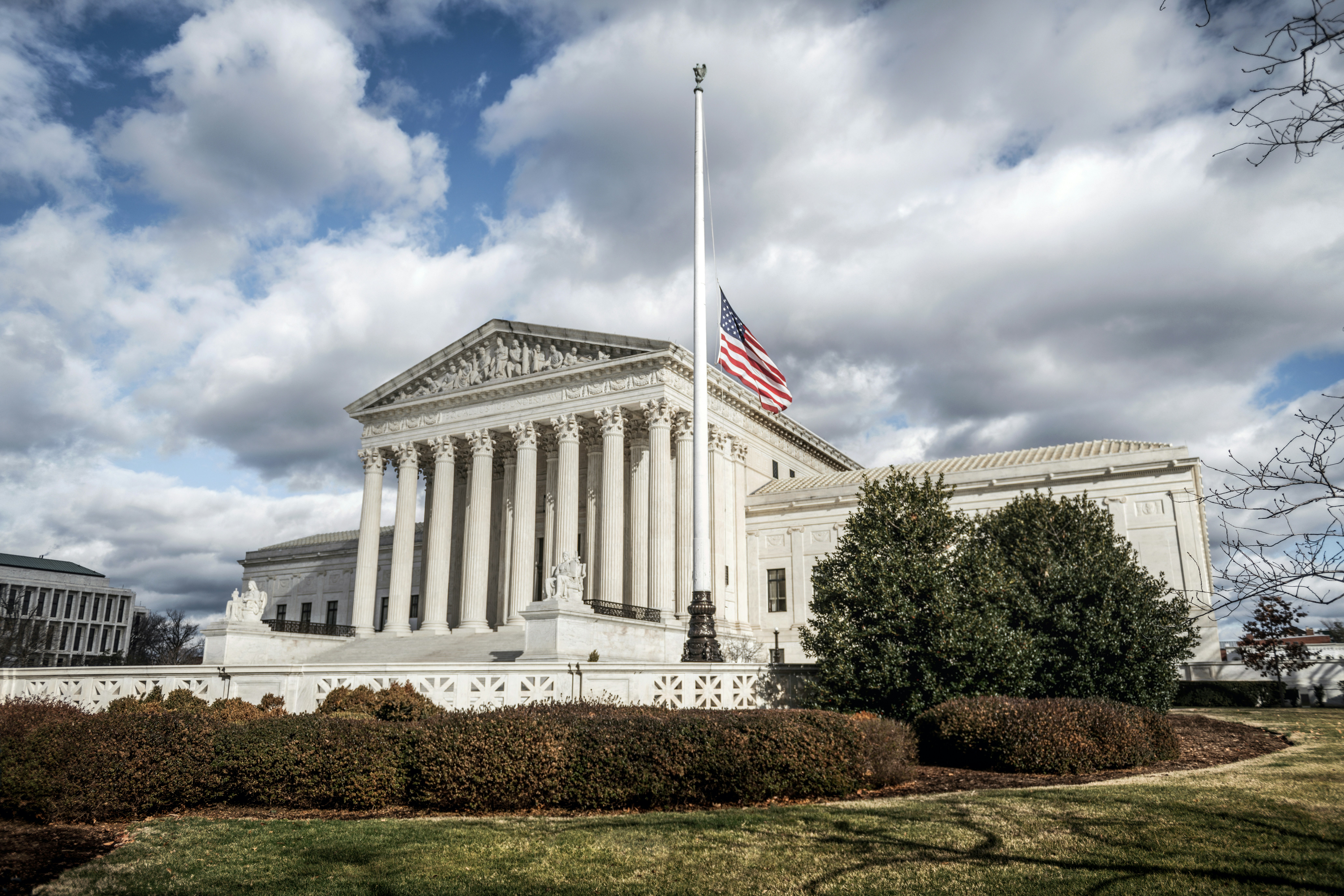The Influence of Judicial Review in Shaping the United States
Introduction: A key, yet often overlooked, aspect of the American legal system is the principle of judicial review. This doctrine, originating from the landmark case of Marbury v. Madison, has played a significant role in shaping the United States. This article provides a comprehensive look into the history, current role, and societal implications of judicial review.

The Genesis of Judicial Review
The concept of judicial review can be traced back to the case of Marbury v. Madison in 1803. The then Chief Justice John Marshall, in his ruling, established the principle that the Supreme Court had the authority to declare an act of Congress unconstitutional. This decision laid the groundwork for the concept of judicial review, establishing the judiciary as an equal branch of government alongside the legislative and executive branches.
Judicial Review in Today’s Legal Landscape
Fast forward to the present day, and the principle of judicial review continues to be a cornerstone of U.S. law. It allows the judiciary to act as a check and balance on the actions of the other branches of government. This power of judicial review has been exercised in various landmark cases that have shaped the legal and social landscape of the United States. From Brown v. Board of Education, which ruled racial segregation in public schools as unconstitutional, to the recent ruling in Obergefell v. Hodges, which legalized same-sex marriage nationwide, judicial review has been instrumental in defining the rights and freedoms of American citizens.
Societal Impact and Implications
The implications of judicial review are far-reaching and profound. It plays a crucial role in protecting the rights of individuals and minorities against potential abuses of power. By declaring laws or government actions unconstitutional, the judiciary can uphold the principles of justice and equality enshrined in the Constitution. However, the power of judicial review is not without controversies. Critics argue that it allows unelected judges to overrule the decisions of democratically elected representatives, potentially infringing upon the separation of powers.
Future of Judicial Review
In the future, the role of judicial review in American law will continue to evolve. It will likely play a crucial role in addressing emerging legal issues, such as those relating to technology, environmental protection, and human rights. As society changes, so too will the interpretation and application of the Constitution, with judicial review serving as a critical tool in this process.
Conclusion
Understanding the principle of judicial review is essential for anyone interested in American law and government. Its historical inception, current applications, and future implications reveal its critical role in shaping U.S. law and society. Despite potential criticisms, it remains a fundamental tool in upholding the Constitution and protecting individual rights against potential governmental overreach.
Through this analysis, it becomes clear that judicial review is more than just a legal principle—it’s a vital mechanism ensuring that the American system remains balanced and fair. Its influence on the legal landscape, despite being two centuries old, continues to resonate today and will likely continue to do so in the future.




